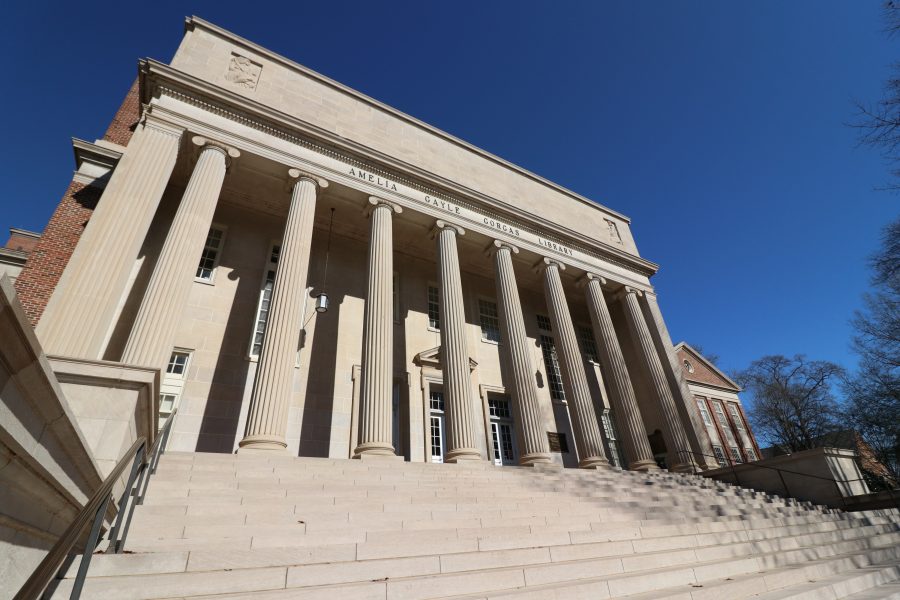Made possible by University Libraries and the Department of English, the international Digital Humanities conference will return to campus this weekend.
With the evolution of so many digital techniques, those putting on the conference believe we are experiencing another revolution in the circulation and development of ideas and think this is a no better place for everyone to come share their work.
WHO: The event is open to anyone who registers. An international audience will be present to cover over 10 disciplines, including scholars from three different continents and over 20 U.S. states. Over 100 scholars will be present to share their cutting-edge digital research.
WHAT: The Digitorium Digital Humanities Conference will be hosting three plenary sessions, two presentations and their first ever live hackathon. The name “Digitorium” was inspired by the medieval scriptorium as an early center for creation of knowledge.
“I founded the event in 2015 to make a space in which scholars using digital tools in the humanities could come together to discuss their research and pedagogy, and, in turn, to broaden the frontiers of those activities,” said Emma Wilson, creator and organizer of Digitorium and an assistant professor of English and Digital Scholarship Librarian with UA Libraries.
WHERE: Room 205 Gorgas Library
WHEN: The conference will take place Thursday, March 2 through Saturday, March 4. The full schedule of events can be found on the Digitorium website.
WHY: Like in the past, the unifying theme is digital methods. “Our unifying focus for Digitorium is on method, and the ways in which Digital Humanities techniques and tools can be applicable and transferable in multiple different research and teaching scenarios both in the humanities and also in the social sciences,” their website states.
“It is always a thrill to see people from so many different research, teaching and public scholarship backgrounds coming together, united through their shared digital methods,” Wilson said. “It’s really that scholarly conversation and interaction that I’m seeking to promote among digital researchers and teachers in the humanities.”









